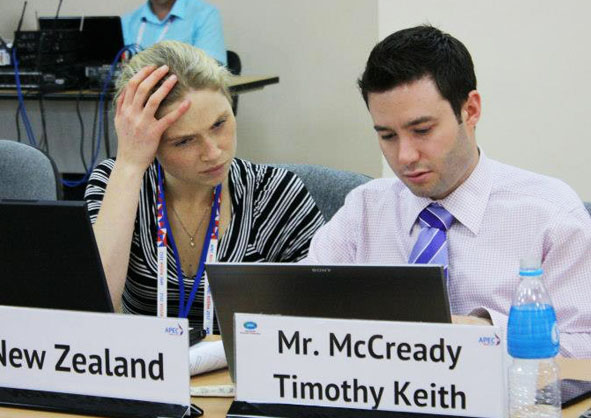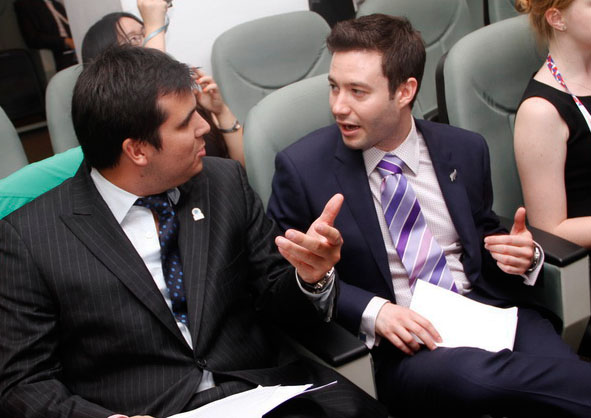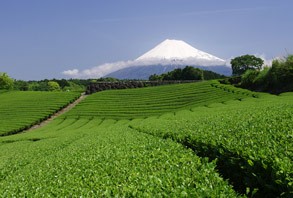From Soju to Sauvignon blanc – Korean FTA (NZ INC)
Tim McCready
When the New Zealand – Korea free trade agreement signed in March enters into force, tariffs will be eliminated on 48% of current goods. New Zealand’s exports to Korea current attract $229 million every year in duties.
In the first year alone the free trade agreement will save an estimated $65 million in duties, and within 15 years of establishment the remaining tariffs will be largely eliminated. The industries that will see the most benefit are those exporting dairy, red meat, kiwifruit and wine.
The current tariff on wine exports to Korea is 15%, and this will be wiped immediately as the agreement enters into force. This tariff concession will provide a good boost to exporters, but despite the removal of tariffs, exporting wine to Korea remains a challenge for New Zealand.
This is largely due to the tax and distribution system. When wine arrives in Korea, a liquor tax of 30% is applied, along with an education tax of 10%. This is even before it hits the distribution networks, a value-added tax of 10%, and retailer markups.
Korea produces and consumes a large amount of liquor locally. Beer and Soju make up 86% of locally produced alcohol. Wine makes up approximately 20% of imported alcohol. Wine is considered to be a luxury product and is consumed by only a small fraction of the population. Red wine is dominating wine imports at 71%, but white wine is beginning to gain more traction.
With the removal of tariffs, New Zealand wine producers will now be placed on an equal playing field with major international competitors in the market including the US, EU, Chile and Australia. However, the rest of the taxes that make up the total cost of wine are payable whether a free trade agreement is in place or not.
The combination of taxes, high distribution costs and mark-ups can make New Zealand wine significantly more expensive in Korea than in many other countries. And because New Zealand wine is typically sold as a premium product, and tax is applied as a percentage of price rather than a cost per unit, this can increase the markup on a bottle of New Zealand wine significantly when compared to budget brands of wine. This differs to Japan where tax is applied per bottle, and education tax doesn’t exist.
In the year ending June 2014, South Korea accounted for just $2 million of New Zealand’s $1.3 billion wine export business globally. That said, New Zealand wine is increasingly becoming of more interest to South Korea. Until 2001, only one New Zealand winery had a presence in the Korean market. The number grew to 38 in just six years. Demand for New Zealand wine is growing as consumers become more aware and curious to try white wine.
But we still have a way to go.
I visited three cities during my visit to Korea, and one thing that surprised me is that I was frequently asked if New Zealand produced any alcohol. High-end restaurants had New Zealand wine on their wine list, but my experience demonstrated that the average consumer was largely unaware of our ranking in the wine world.
The free trade agreement will undoubtedly be great for New Zealand’s dairy, meat and horticultural industries. But the wine industry will be one to watch. Chile had a noticeable boost in wine exports after their free trade agreement was signed with Korea, and it is likely that New Zealand will see a similar lift.
But it could be that the free trade agreement gives New Zealand the impetus it needs to boost the recognition and acceptance of our wine brands in Korea. And if that occurs, the benefit of the free trade agreement would vastly exceed any reduction in tariffs.

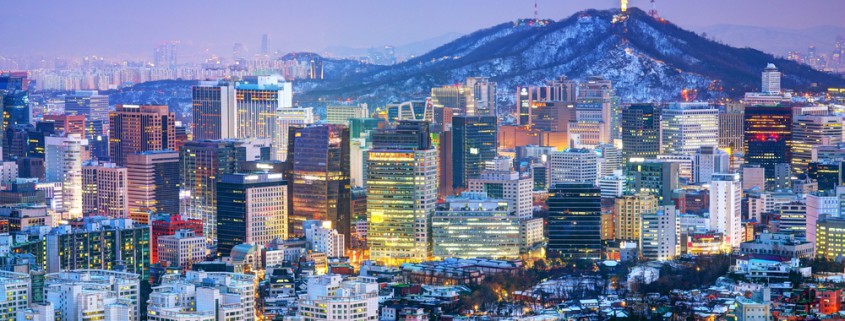
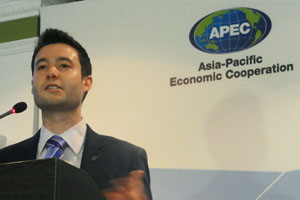
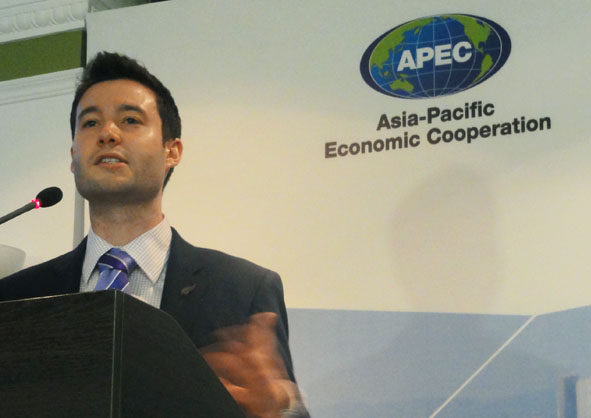
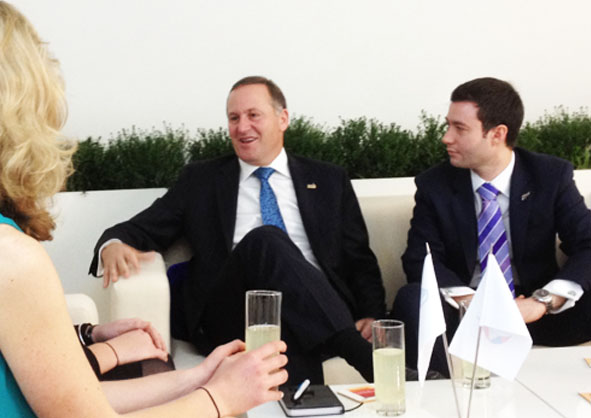 New Zealand Prime Minister John Key, Tim McCready
New Zealand Prime Minister John Key, Tim McCready